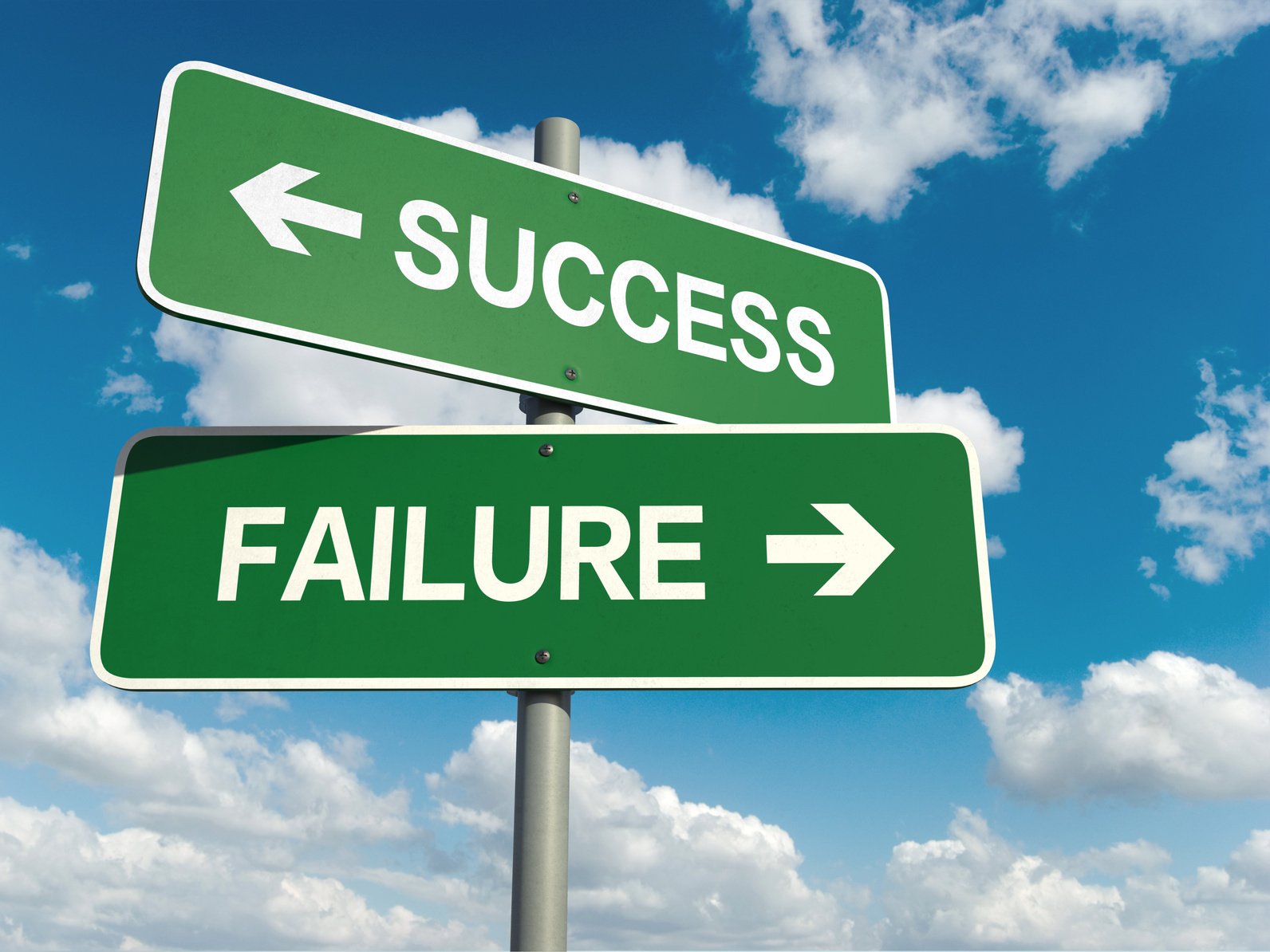What You Can Learn from Failure—and from Success

I’ve often heard it said that you can learn more from failure than from success. But surely that can’t be the case if, upon hitting a snag or facing a failure, you just pick up and move on without a moment’s reflection. If you want to learn from failure, you have to reflect on what went wrong so that you can determine what to do differently in the future.
Granted, figuring out what you’ve learned is not necessarily an easy task. It can be tough to have the presence of mind to evaluate a failure if it caused harm, left you confused or disappointed, or was witnessed by people eager to pounce on your failure.
Still, after something goes wrong, whether it’s a minor software glitch or a colossal engineering failure, you can benefit from the experience by explicitly looking for lessons. It’ll help if, right from the start, you’re open to the possibility of failure. Then you have to explore what went wrong and, if circumstances warrant, commit to trying again.
In situations where a failure would be costly in terms of time, money, or lives, it can be valuable to identify in advance the possible causes of a failure. For example, the primary causes of disasters in the field of structural engineering have been determined to be human factors, design flaws, materials failures, extreme conditions, and some combination of these factors. These are very broad categories, but they provide a starting point for assessing a failure.
That’s why, after large projects, it’s valuable to run a project retrospective or an after-action review and to ask what went well, what didn’t, and what we can learn that will improve (or continue) the odds of success in the future. For that matter, these questions are worth asking even after small projects; that way, you can apply the lessons learned to successively larger and more complex projects.
Although you can learn from success and from failure, neuroscience research suggests that success has a greater influence on the brain. In everyday life, achievements are often rewarded, such as by kudos from colleagues, and result in a surge in the neurotransmitter dopamine, which may signal the brain cells to keep doing whatever led to the success.
In any case, success and failure teach different lessons. Lessons from failure tend to revolve around what not to do next time around, whereas lessons from success focus on what you can do again, perhaps even better. But whether you experience success or failure, the key is to take the time to examine what transpired and to learn from the experience.

